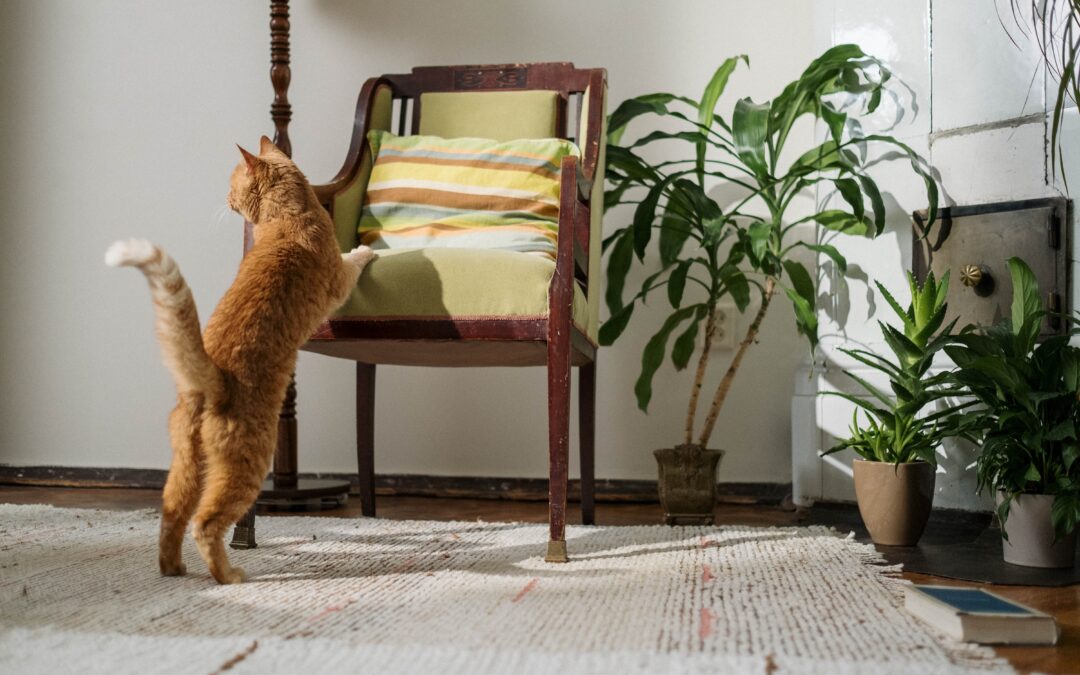Landlords naturally get a bit twitchy at the thought of their properties being empty and unlet for any length of time.
But the savviest landlords know that it is possible to avoid void periods altogether, or at least keep them to an absolute minimum, with one tenancy following seamlessly on from another.
If you dread long void periods and want to avoid them at all costs follow our top ten tips:
1. Maintain your property to a high standard. It is a competitive market so tenants expect rental properties to be kept in good decorative order, with up-to-date kitchens and bathrooms. Every detail counts. “Make sure that keys and locks are working and that the entrance to the property is clear of post,”’ says Alice Umfreville, Head of Chelsea lettings at Strutt & Parker.
2. Remember the importance of presentation. As you would when selling a property, take pride in showing prospective tenants the property at its absolute best. “That means immaculate carpets and curtains and properly dressed beds, almost like a show home,” says Catherine Cockcroft, lettings director at Aylesford International.
3. If you are happy with your existing tenants, do everything possible to hang on to them. That could involve everything from responding promptly to any concerns they raise, to freezing their rent. The better your personal relationship with your tenants, the less likely they are to move out at short notice.
4. Aim for consistency in the type of tenants you target. Is your property best suited to a young professional couple, a family or students? There are different sub-markets in the rental sector and you need to develop an understanding of what sort of tenant your property is likely to attract.
5. Make sure that the rent you charge is competitive. If you are keen to avoid void periods, it is better to charge slightly below the market rate than slightly above it. Take advice from local agents on the rental market in the area.
6. Be prepared to act quickly when your tenants move out. That means having all the necessary paperwork such as energy performance certificates to hand and having a game plan for how best to market the property. Now that so many rental properties are initially viewed online it is vital to have a stock of good quality, up-to-date photographs. If the property is proving hard to let consider taking a fresh set of photographs to show it at its best.
7. Treat short void periods as inevitable and budget accordingly. If you plan for your property to be let eleven months out of twelve that is a realistic expectation in the current climate. You may also be pleasantly surprised when the property is tenanted continuously for years at a time.
8. Make sure you have a first-class letting agent. Unless you are a hands-on landlord who wants to do all the heavy lifting, you will be reliant on your letting agent, first to maintain good relations with existing tenants and then to find you new tenants as quickly as possible when the property falls vacant. “The best agents will try to show your property to prospective new tenants before the existing tenancy comes to an end,” says James Scollard of Clifftons in Bournemouth. “They will also have a list of prospective tenants ready and waiting.”
9. Think pets. It may seem a bit counter-intuitive but if you accommodate tenants with pets, rather than banning pets altogether, you may find that your tenants are so grateful that they stay for many years.
10. Take out landlord insurance as a protection against long void periods. There are a number of insurance packages available and you will need to shop around, but it is possible to insure against, say, having your property unlet for a period of up to 90 days. It is a worthwhile backstop, particularly if your property is not straightforward to let for whatever reason.
Profit margins on buy-to-let properties may be quite tight so if you want to protect your investment you do need to take sensible precautionary measures to avoid lengthy void periods.
Remember look after your tenant and they will look after you.






